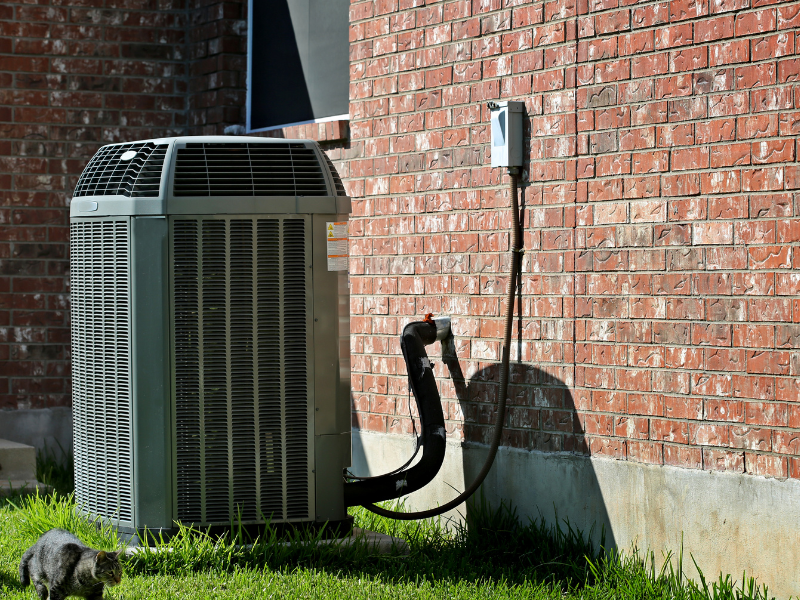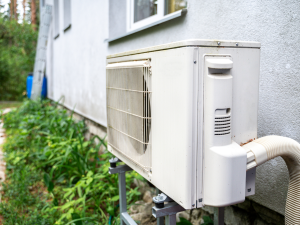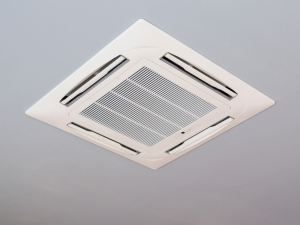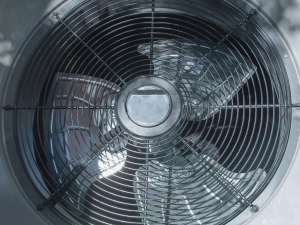During the summer months, we rely on our homes’ and businesses’ air conditioners to keep ourselves, our families and our customers comfortable. There are many days when there isn’t enough of a cooling breeze to keep everyone from sweating, so we turn on the AC to help. And since many people also tend to work or just stay indoors for most of the summer, the air conditioners we do have work hard to provide the cooled air we need.
However, there are times when something bad happens, and the air conditioners start heating up. If left alone for long enough, the ACs might even start creating more hot air than cool, completely eliminating its entire purpose. There’s even a chance that the air conditioner’s surroundings could be damaged, if it’s left unfixed for long enough.
To help narrow down and answer any questions on whether an AC can actually overheat, what can be the cause of an air conditioner overheating and how you can prevent it from happening. If you suspect that the cause is something far more complex for you or your family to fix by yourselves, feel free to call Clover Contracting for help.
Continue reading to learn more about how you can prevent problems related to your AC overheating.
Can air conditioners overheat?
As odd as it can sound at first, the answer’s a definite yes. Though your air conditioner works by bringing in – or reusing – filtered air and cooling it down to be sent back into your home, you might still end up having to deal with an overheating air conditioner. It can seem that only your furnace or heater should overheat, but that’s not the case.
In many cases, HVAC systems – air conditioners included – tend to overheat because of a few reasons, though there are three more common causes. Two of these reasons are simply due to some of the air conditioner’s parts being dirty; either your condenser unit’s coils are dirty or you have a clogged air filter.
The last cause is refrigerant leaks, since refrigerant is often what’s used to make and keep the air cool. All three of these reasons will make your air conditioner work harder to produce the cool air at the temperature you’ve set the thermostat to. And, in the process of working harder, you start finding your AC overheating.
How your air conditioner works
Only when your thermostat finds that the building’s temperature increases past the set temp will your AC turn on and start its usual functions. The indoor unit’s fans kick on, drawing in the hot air from inside through return ducts and passes it through air filters. The air, now clean of any dust or other particles, gets passed through the cold, refrigerant-filled evaporator coils. The refrigerant itself turns into gas and is what absorbs the heat from the air, effectively lowering its temperature. Then, the now cool air is pushed to the indoor unit’s blower fans which distribute the air back to the ducts and vents throughout the house.
The refrigerant is pushed through copper piping to the compressor outside your home, where it is pressurized and moved to the condenser coils. A large fan pulls in air to the coils from outside the unit where the air reabsorbs the heat out of the refrigerant before getting pushed back outside.
The refrigerant then turns back into a liquid state and travels back into the indoor unit. The cycle repeats until the indoor temperature reaches the thermostat’s set temperature and the units shut off.
How to prevent your air conditioner from overheating
Do you know what can make your air conditioner overheat? With careful checking and the proper care and maintenance, it becomes quite easy to make sure that your air conditioner doesn’t start overheating one day.
Keep your condenser unit’s coils clean
Since the condenser unit is kept outside in order to release the heat back outside the building, it’s often exposed to quite a lot of dirt and grime that comes from the outdoors. Over time, this dirt and grime can build up and can lead to your AC overheating. The dirt and grime causes the coils to become an insulator instead, and traps most of the heat that’s meant to be released in.
With how the refrigerant needs to release the heat before it can reabsorb more from the air inside, the refrigerant stays warmer than it should be and absorbs less heat. This causes the cycle to repeat, with your air conditioner working harder to reach the cool temperature you’ve set the low temperature set the thermostat to. Little cooling actually happens as a result and the AC starts to overheat
Fixing this issue is quite simple, though. After turning the AC off, carefully disassemble the condenser unit until you see the coils and have proper access to it. Then, with a wet rag and a vacuum, clean out any dirt, grime and loose pieces of grass and plants. Carefully dry the coils before reassembling the parts and turning the AC back on.
Check for cracks in the refrigerant line
One of the best features of an air conditioner is that you never need to top off any of the refrigerant that’s in the system. The amount that’s already in the system is all that you’ll need and shouldn’t need any more.
However, cracks and breaks can form along the refrigerant line that can cause leaks to happen. If you check the lines and find that it’s dripping, you’ll need to call a specialist from Clover Contracting. These kinds of leaks don’t repair themselves, and while it may be tempting to do it yourself at home, refrigerant isn’t something that you should try to refill if you don’t have the right qualifications and tools to do it correctly.
Takeaway
There are many other possible reasons that you might find your AC overheating, but they’re just as simple to deal with. If none of the above reasons are the cause, be sure to check your air filter and replace it if needed. Similarly, you might also need to clean the fan’s blades as well.
Whatever the cause is, if you feel unsure about fixing the issue yourself, you can always call Clover Contracting for quick and reliable help and solutions.




